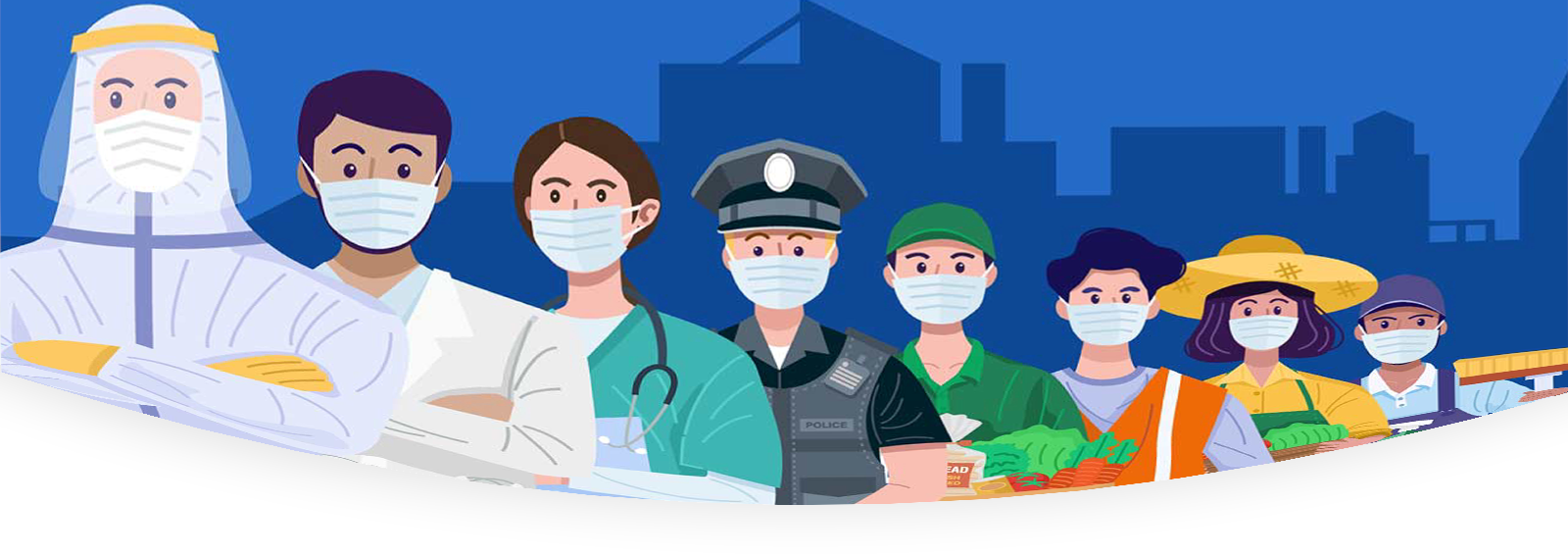
Since its emergence, the novel coronavirus has become a massive challenge to the global health, causing millions of deaths, being the most disastrous non-traditional security threat to the entire world. With the national lockdown, the term ‘frontline workers’ arose to capture the vast number of individuals who reported to work notwithstanding the massive threats to their health and well-being.
On the Frontline is a project which is carried out in order to recognize and highlight the valuable service and effort that was provided by the front-line workers of Sri Lanka, during this pandemic catastrophe. Workers across a vast array of industries have found themselves essential parts of the machine that keeps the world in motion, required to do their jobs despite great risk. These people are the heroes our lives are dependent upon. This project is solely carried out to portray 20 inspiring stories of the frontline workers during the coronavirus pandemic.
Many frontline workers such as frontline doctors, nurses, teachers, public health inspectors, army, navy and innovators laboratory technician, rehabilitation workers, pharmacists, youth volunteers, fishermen, vegetable vendors, pastors, milkmen, social workers and etc. have given an opportunity to share their stories through this project. On behalf of IYAP, Mr. Thirukumar Premakumar, Executive Director, Miss. Aafrin Yaseen, the project officer, Miss. F. Masna Mowlana, the research assistant/ content writer have provided a considerable contribution to make this a success.
It sheds light to the experiences of all people and how they navigated through these uncertain times and supported one another in their different walks of life. Most importantly, these stories are pivotal in altering societal and cultural norms related to certain professions. It has created a platform to educate the general public on the sacrifices made by these individuals in order to keep others safe, which reciprocated empathy and kindness whilst changing our perceptions towards certain types of work. IYAP recognized the necessity of documenting these and put out it through social media, and also as booklets to be distributed across schools, colleges, libraries and other noteworthy places, while converting the stories into Braille for special needs kids, which would also be an ideal way to share knowledge and preserve it for a longer period of time.